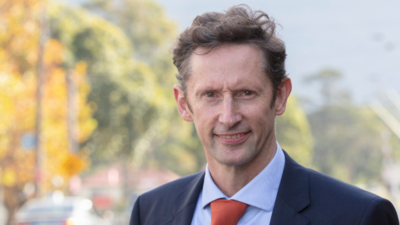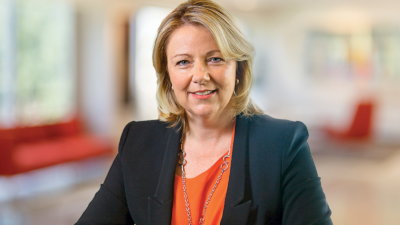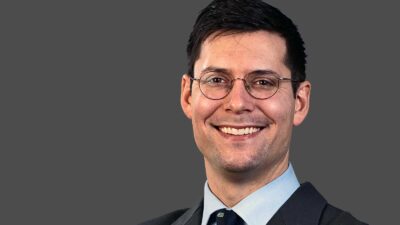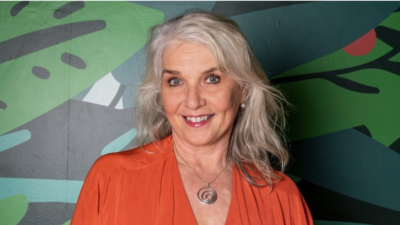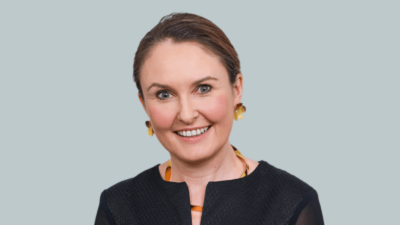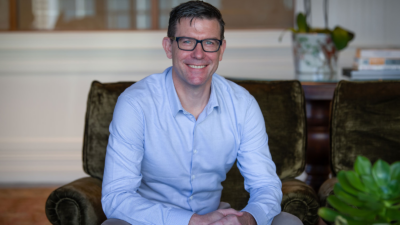After more than 20 years of institutional ownership, the management and staff of Australia’s largest asset consultancy have regained full control of their destiny.
It’s the government’s hope to get a “simple” objective for superannuation across the line. The problem might be getting everybody else to stop talking about comfort and adequacy in retirement.
There’s no end in sight for super fund consolidation, and even top performing funds are merging in an effort to keep up. But what gets lost in the debate is what members think of it all.
After a rollercoaster start to the 2020s, black, white and grey swans now flit through the mind of every money manager. BCA Research has identified five such swans that could shape markets in 2023.
UniSuper has added to its private markets team as it focuses its efforts on its infrastructure and nascent venture capital capabilities.
With a shrinking member base, Local Government Super was facing small fund purgatory. A facelift changed its fortunes.
Australia’s largest homegrown asset consultant is plotting an expansion further beyond its traditional superannuation clients, while consolidation in the industry is changing the way they work.
The free money era in which the transition to renewable energy could have been dirt cheap is over. But after Russia’s invasion of Ukraine, the world has a golden opportunity to get the job done.
While the debate around the use of super for nation-building projects like affordable housing rages, HOPE Housing is working on a new way for funds to get involved.
Big super funds are getting even bigger. But as consolidation continues – and stapling kicks in – they’ve got a new problem that can’t easily be overcome: they’re more alike than different.



